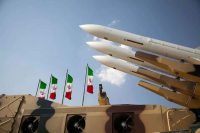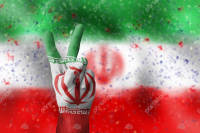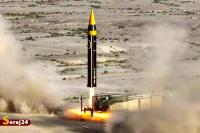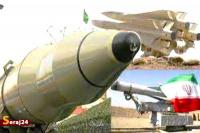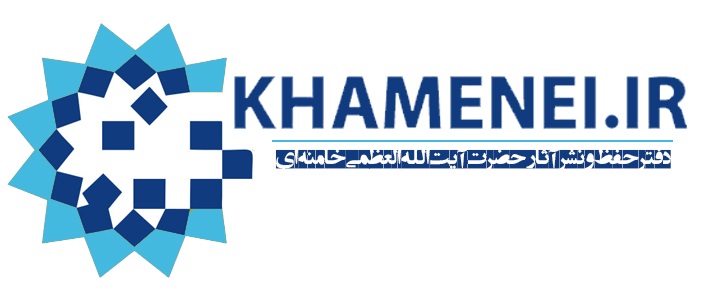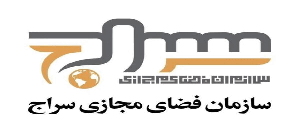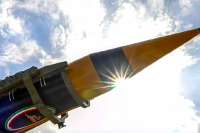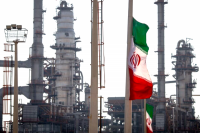
.
The Pakistani cabinet, in a recent meeting, okayed a waiver of the Public Procurement Regulatory Authority (PPRA) rules in order to award the contract directly to the Iranian firm.
"The Iranian company will begin the construction of the pipeline soon," Aziz Babar told FNA.
He noted that the project is underway and it should be completed by December 2015 as per the signed contract.
Tehran and Islamabad have recently decided to award the project for the construction of the Pakistani side of the multi-billion-dollar IP gas pipeline to Iran's Tadbir Energy Company.
"After Russia and China backed out of the project due to US pressure, Pakistan has decided to avail Iran's offer for financing and constructing Pakistan's portion of the pipeline," a senior government official said.
Pakistani public sector firm Interstate Gas Systems and private Iranian firm Tadbir Energy will sign the contract.
Iran has designated a 'clean' private company to sign a direct contract under the Iran-Pakistan gas supply project, for which Tehran is also extending a $500 million loan. Tadbir Energy faces no sanctions from any foreign government. It is controlled by the Imam Khomeini Foundation, one of Iran's largest charitable groups.
The project envisages gas inflows of 750 mlm cubic feet per day by the end of December 2014, which will be consumed by power plants to generate around 4,000 megawatts of electricity.
The IP pipeline engineering and project management consultant, who was appointed in April 2011, has completed work on a bankable feasibility study, interim front-end engineering design, and a route reconnaissance survey.
Demand for natural gas in Pakistan has outstripped supply in recent years, putting existing reserves under immense pressure.
The total consumption of natural gas in the country stands at 3480 MMCFD million cubic feet per day of which the power sector consumes 959 mmcfd, with 747 mmcdf being consumed in the domestic sector. Meanwhile 578 mmcfd of gas is consumed by the fertilizer industry, four mmcfd by the cement industry. While 107 mmcfd is consumed commercially. 327 mmcfd is consumed by CNG cylinders which are widely installed in locally manufactured vehicles in Pakistan.
The 2700-kilometer long pipeline was to supply gas for Pakistan and India which are suffering a lack of energy sources, but India has evaded talks. Last year Iran and Pakistan declared they would finalize the agreement bilaterally if India continued to be absent in the meetings.
According to the project proposal, the pipeline will begin from Iran's Assalouyeh Energy Zone in the south and stretch over 1,100 km through Iran. In Pakistan, it will pass through Baluchistan and Sindh but officials now say the route may be changed if China agrees to the project.
The gas will be supplied from the South Pars gas field in the Iranian southern province of Bushehr. The initial capacity of the pipeline will be 22 billion cubic meters of natural gas per annum, which is expected to be later raised to 55 billion cubic meters. It is expected to cost $7.4 billion.
Iran has already built more than 900 kilometers of the pipeline on its soil.



